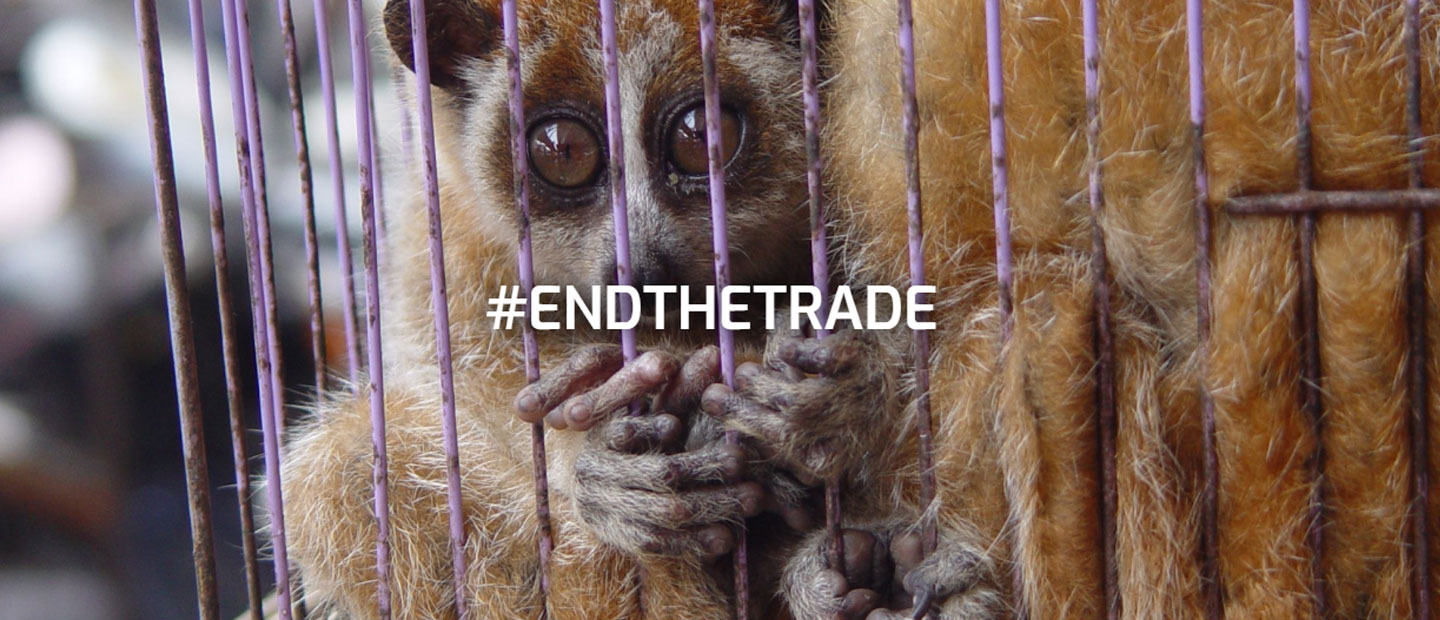Auckland Zoo is urging all Kiwis to join us in supporting the Coalition to End the Trade petition - calling on the world’s governments to end the commercial trade and sale in markets of terrestrial wild animals to prevent pandemics like Covid-19, help stop wildlife extinction, slow climate change, and protect all life on earth.
The Coalition to End the Trade was established by Global Wildlife Conservation, Wildlife Conservation Society and WildAid to implement a joint strategy to end the commercial trade in wild terrestrial animals (especially birds and mammals) for consumption, and launched its ‘End the Trade’ petition this week.
“Signing this petition is a really simple and positive action that we can all take right now – and it’s one that’s never been more important,” says Auckland Zoo director, Kevin Buley.
“The global trade in wildlife has been devastating our planet’s wildlife and wild places for decades – removing billions of animals from their homes, destroying forests, and forcing animals together in markets like Wuhan, where pathogens that evolved with animals can jump to humans and quickly spread. Tragically, as the world is now experiencing so acutely, this wildlife trade is having catastrophic consequences for us humans, as well for wildlife.”
“Whether living here in Aotearoa, in Asia, Europe, Africa or America, the legal and illegal trade in wildlife, is impacting throughout the world. If markets selling wild animals can be shut down, and if we work together to protect wild animals and the places they live, we can stop future pandemics and ensure a future for wildlife, our precious environment and ourselves – something Auckland Zoo, as a wildlife conservation science organisation, is absolutely passionate about,” says Kevin.
Find out more about The Coalition to End the Trade and sign the petition here.


